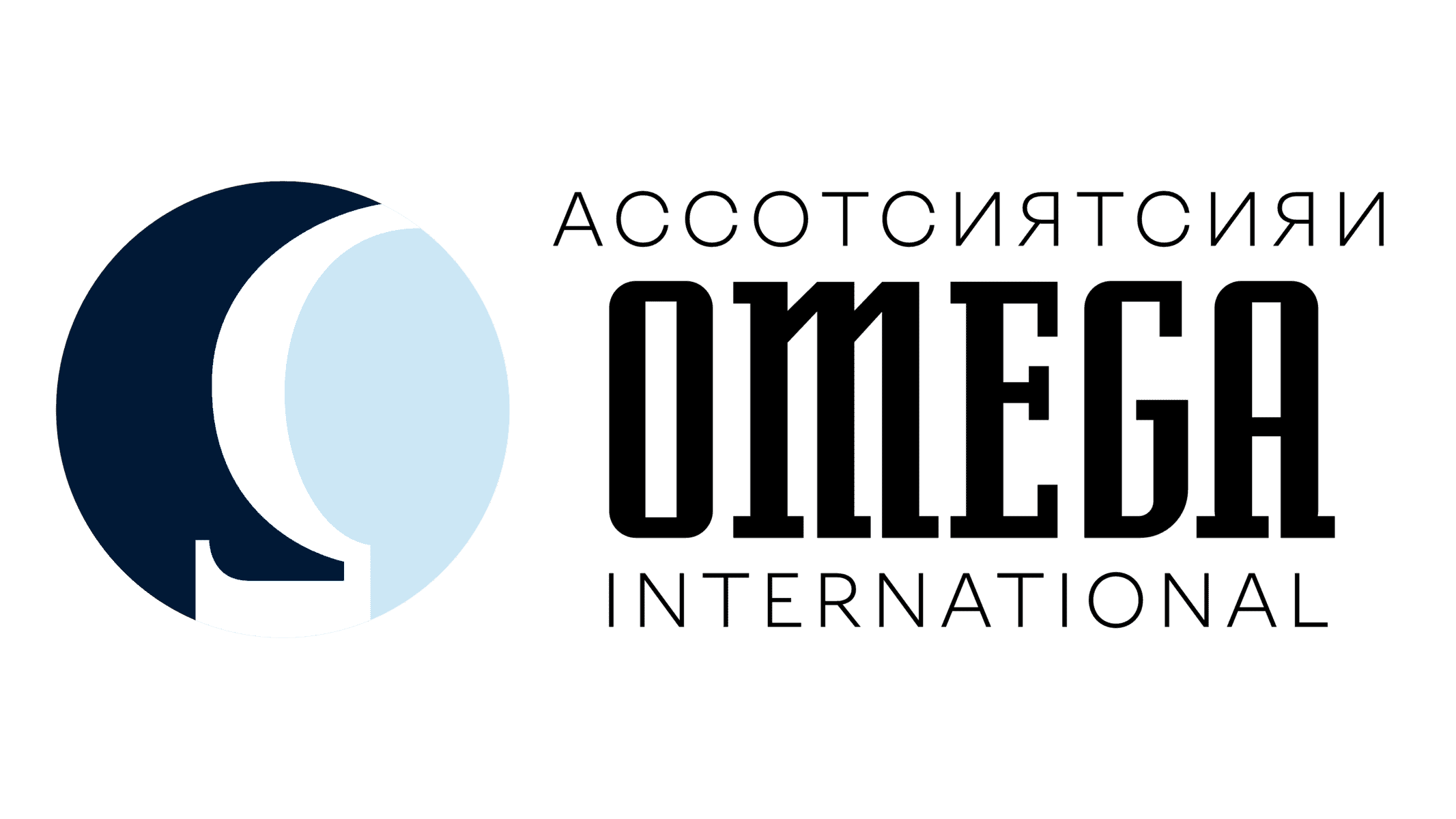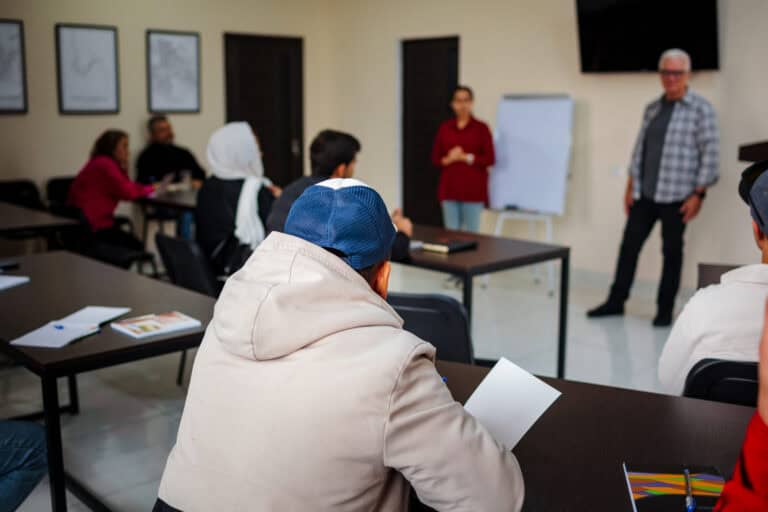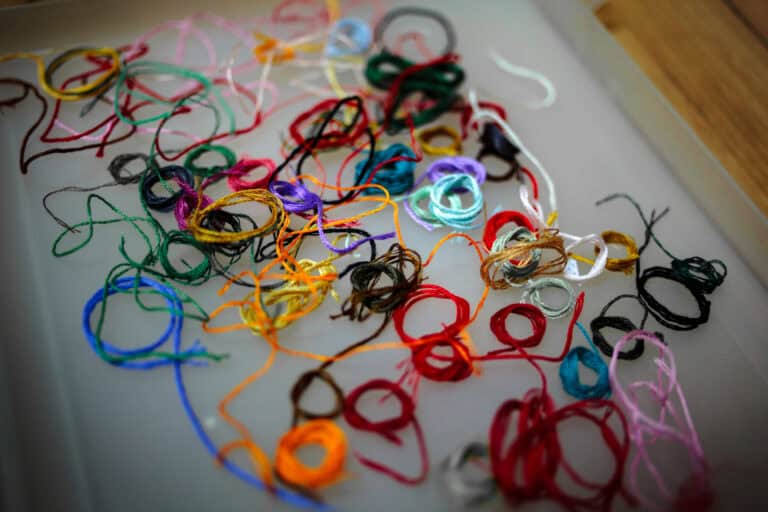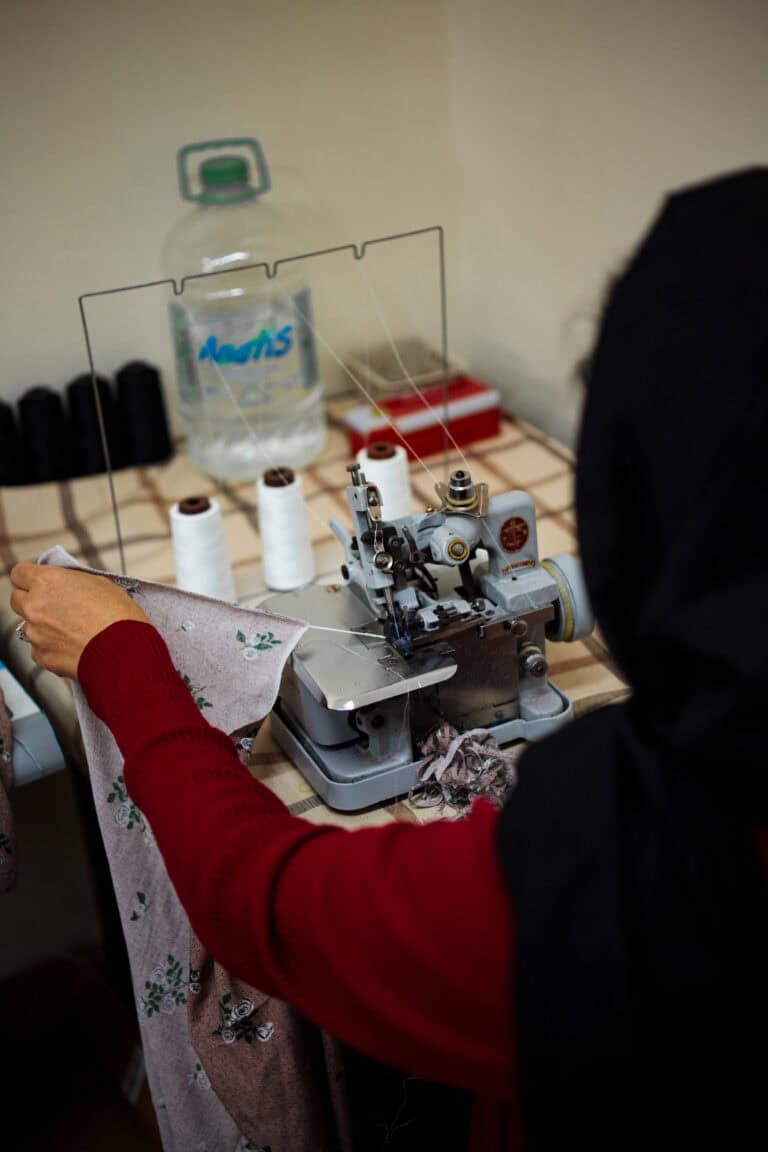
Embroidery and mental health may not seem connected at first glance, but for Nargis and many other women in Omega’s Embroidery Course, it has made all the difference.
“If I am at home all the time, I get so depressed – I am used to working! I know that if women have a skill, and know how to do something, that has a large impact on their mental health. They can be busy, and that is so good.”
Nargis and her husband were both military doctors in Afghanistan. When the Taliban began to gain ground in 2021, she knew that her family was at risk.
“My life was in danger. I couldn’t go to work anymore because of my position…it was a very difficult situation. I really liked my job, but I couldn’t continue working – even though I wanted to continue serving my people.”
Nargis shares that she would change how she took her youngest child to kindergarten daily, hoping that it would help keep them safe. It wasn’t long before her family decided to relocate to Tajikistan.
Since the move
It’s been over two years since then, and Nargis says she is happy here. She is very thankful to have a refugee visa. One of the challenges, however, is that she can’t practice as a doctor here, which means she is often at home. So, when she heard about Omega’s embroidery course, she was thrilled.
“I wanted to have another skill or profession – I wanted to learn another trade,” she says.
Embroidery was something Nargis had never tried before. “I was always busy with work and with my kids, so I couldn’t do something like this. That’s why I was so excited to come here and work and learn. My teachers here are really wonderful – they help me and teach me – and the lessons are great.”
Embroidery: the lessons themselves
Each week, students come and learn a new embroidery skill. Sometimes they learn different stitches, knots, or patterns, or at other times, even cross-stitching or beading techniques.
“We are also introduced to other Afghan women, and become friends,” Nargis says. “We tell stories together, and learn these new skills as we talk.”
Nargis says that even her family has experienced the impact of the embroidery course.
“If I am a mother, and my mental health is not good, this has a negative impact on my children. I think it’s so important to be a happy mother, someone who is learning new skills, so that my children can be happier,” she shares. “So, when my children watch me, they are learning, too – how to face challenges, how to get themselves out of challenging times. These are the kinds of effects this has on my children, which is why it is a great course.”
Nargis’ children haven’t just seen this – they are also living it out. Her four kids are all involved in different courses – in mathematics, computers, and English, which they are learning with their dad, too. They know that when they resettle in their final host country, knowing English will make a big difference in getting accustomed and accessing the resources they need.
Nargis also hopes to continue embroidering in her new host country – in fact, she hopes to learn embroidery basics really well, so she can teach others, both now, as she continues the course, and in the future.
“I want to say thank you to my teachers, and to this organization,” Nargis shares.
Nargis is just one of many women learning new skills at Nuur, Omega’s Women’s Center. You can read more about Nuur here.




